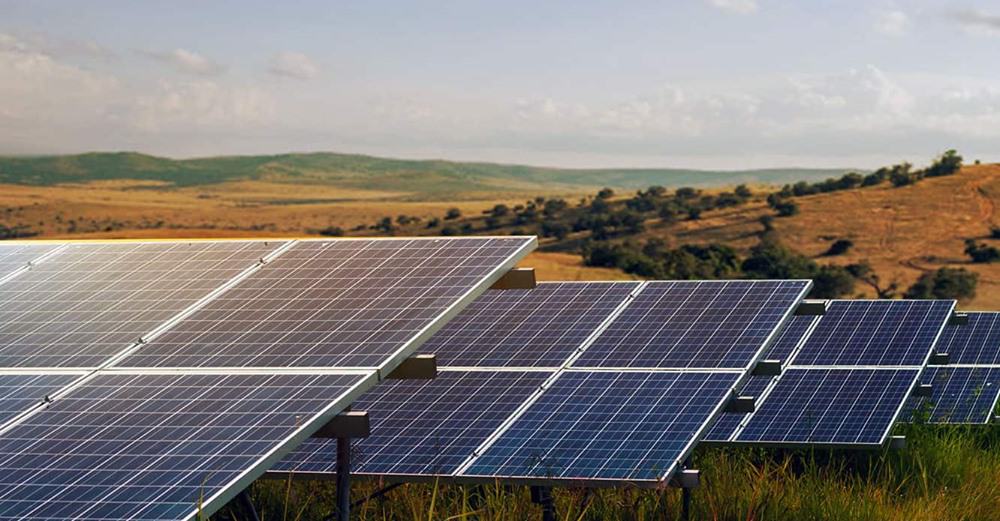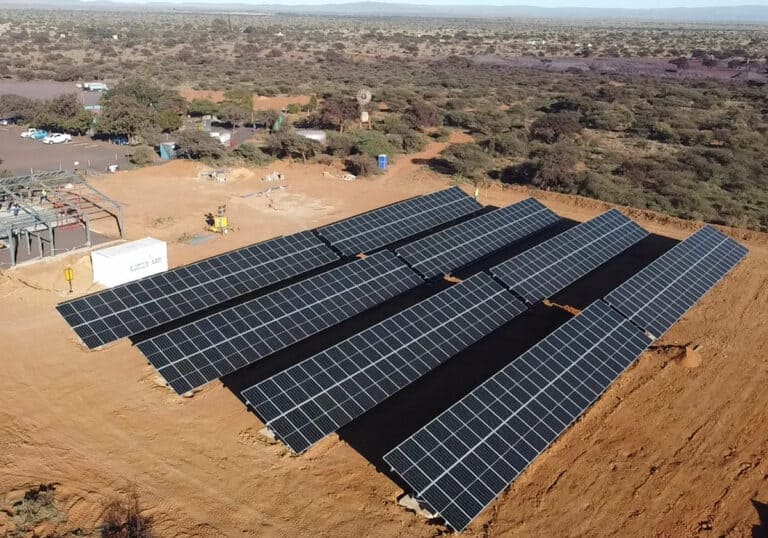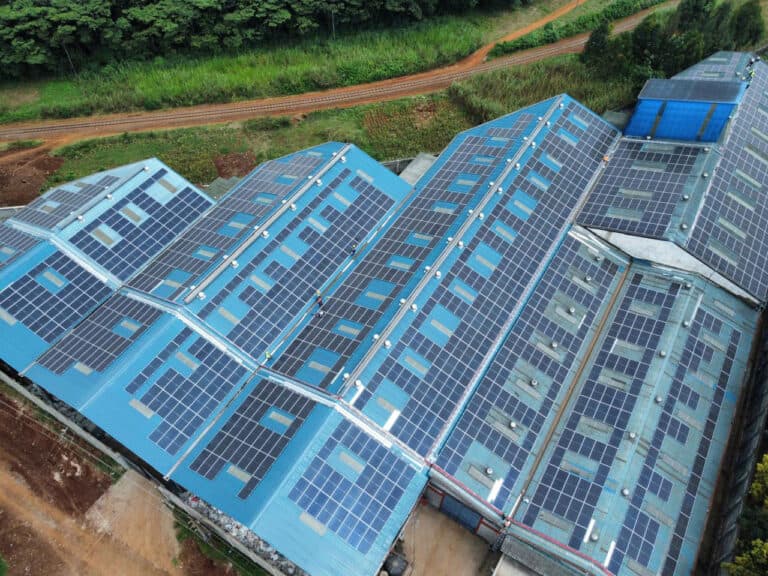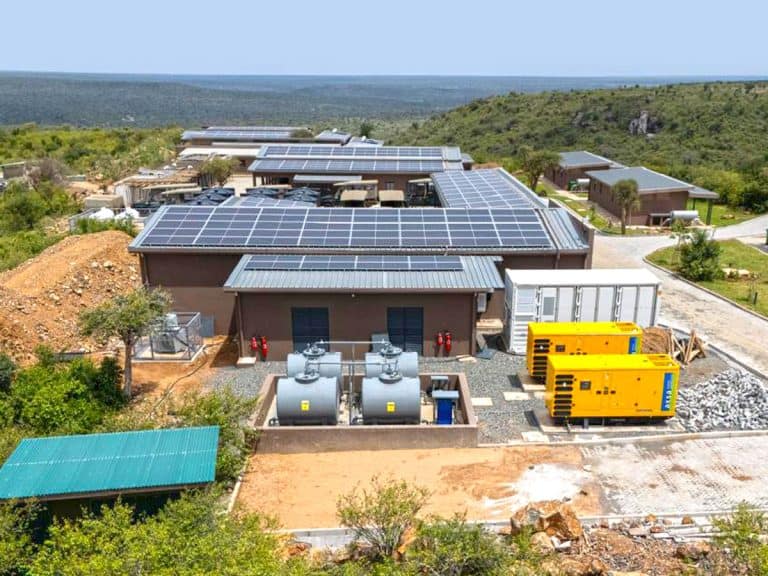A few basics regarding solar batteries
There are hundreds of options for batteries for solar in Kenya. Solar batteries are an excellent solution for standby or daily energy needs. You can install a complete solution at once. Alternately, you can move to solar gradually with a phased approach.
Do some research before selecting which batteries for solar in Kenya you will choose. The solar batteries you choose should be high performance, practical and leak-proof. Reliability is key to ensure that your system stays powered. Product quality and the correct installation will determine your outcome.
To start, work out your energy needs. Do your calculations. Hence, you can determine how many batteries for solar power you will need.
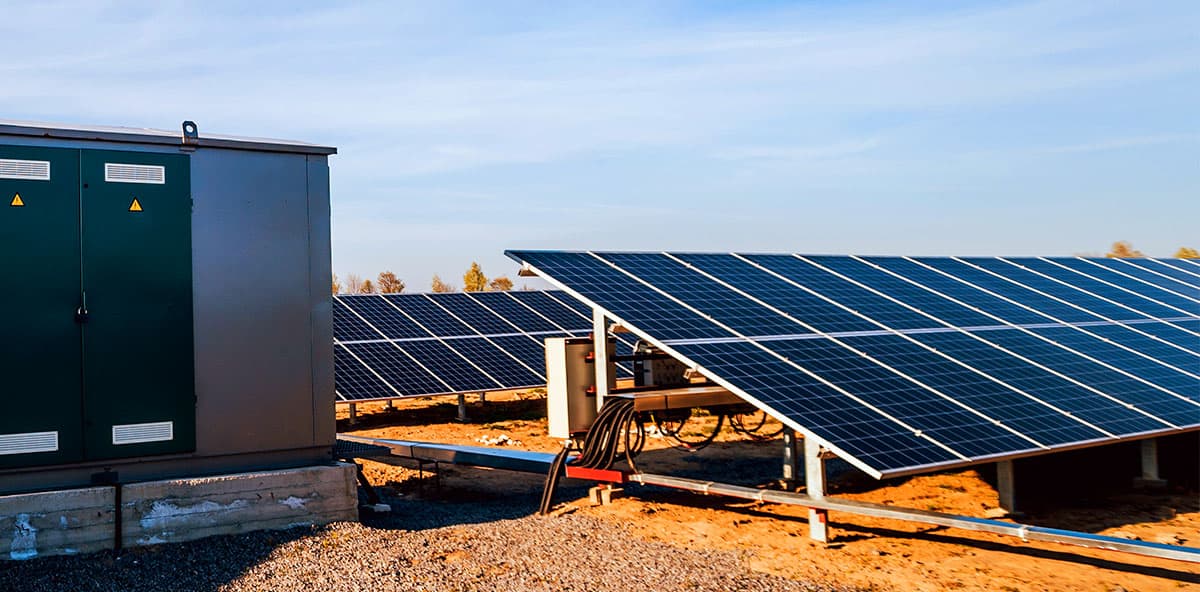
What is the best battery for solar power?
Lithium iron batteries usually are the best option for batteries for solar in Kenya. Additionally, they use an advanced battery technology. This includes lithium ions as a key component of electrochemistry. During a discharge cycle, lithium atoms in the anode are ionized and separated from their electrons.
Lithium-ion batteries are frequently used for portable electronics and electric vehicles. They are becoming popular for military and aerospace applications. This is one type of rechargeable batteries for solar in Kenya. However other battery types may be more cost effective.
What is a solar charge controller?
A charge controller is a voltage and/or current regulator. These prevent batteries from overcharging. Charge regulators is another name for these.
A solar charge controller regulates the voltage and current coming from the solar panels going into the battery. Most “12 volt” panels put out about 16 to 20 volts. Without regulation, the batteries may get damaged from overcharging. Most batteries need around 14 to 14.5 volts to get fully charged.
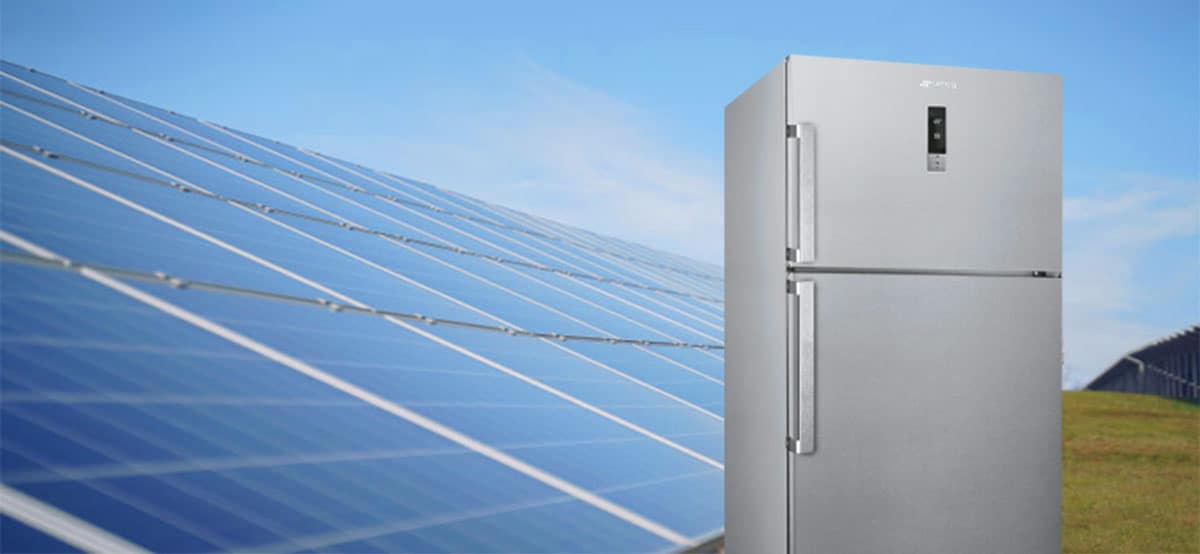
How many solar batteries do I need to run a refrigerator?
Refrigerators use power differently, depending on their operating conditions. An average solar battery provides 12 volts of energy for a certain amount of amp-hours. An amp hour explains the battery’s capacity. Generally, we rate batteries assuming a 20-hour cycle. Hence, a 160 amp-hour battery would provide 8 amps per hour for 20 hours. Most solar batteries for solar in Kenya provide enough current for both a refrigerator and additional appliances.
Inverters convert DC battery power to the AC power most appliances use. However, they are never 100% efficient. Up to 50% of power can be lost in the conversion. Shop around before buying. Work out your needs. Find an inverter with a high efficiency rating. Lastly, be sure to account for inverter inefficiency when calculating your refrigerator’s power needs.
Can I use deep cycle batteries for solar in Kenya?
Yes, deep cycle batteries can be used for solar. Incidentally, they also have plenty of other applications. A deep cycle battery is designed to be regularly deeply discharged using most of its capacity.
There are two main kinds of deep cycle batteries. These are lead acid and lithium.
The difference between deep-cycle and cranking lead-acid batteries lies in the lead battery plates. Deep cycle battery plates have thicker active plates, with higher-density active paste material and thicker separators.
Lead acid batteries generally cost less. However, lithium batteries tend to last longer.


